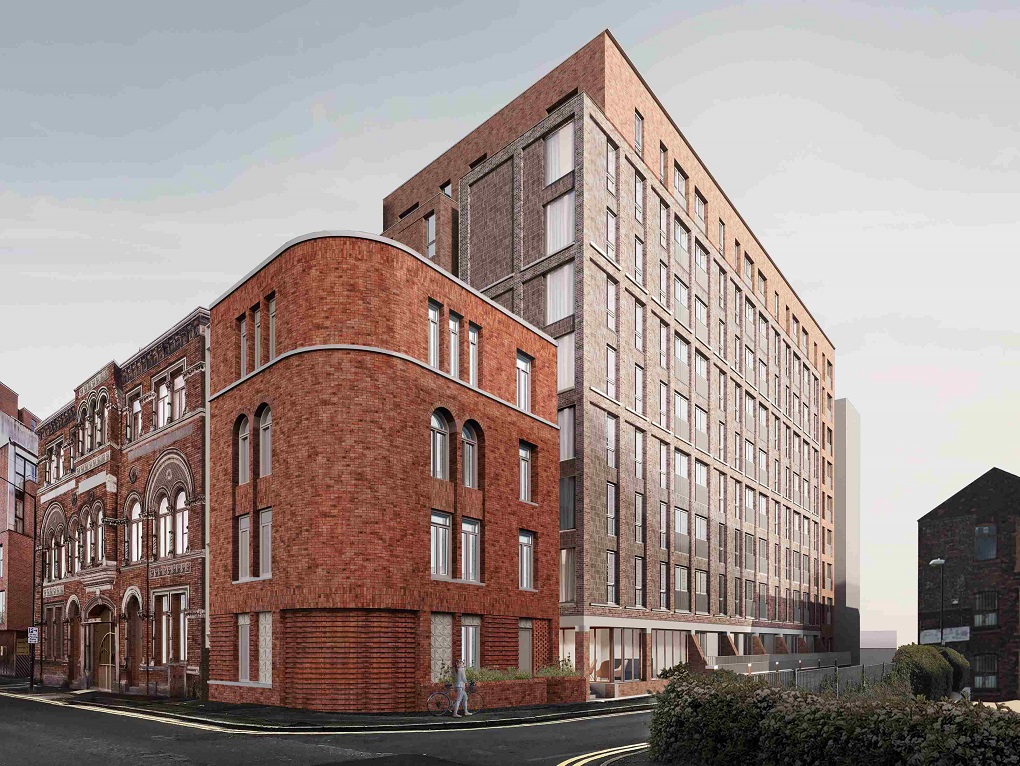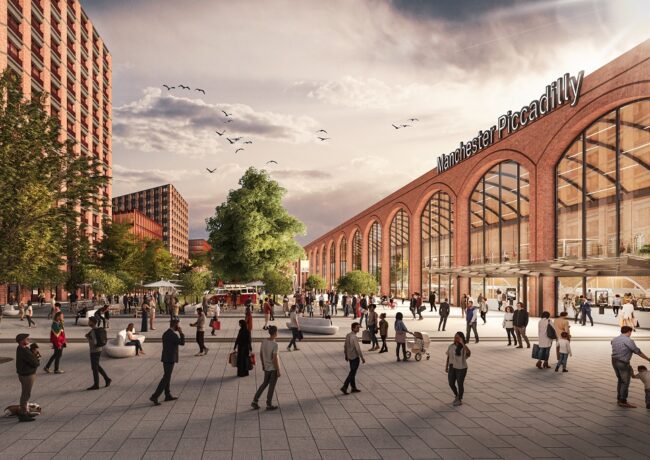Piccadilly Gardens consultation set for end of year
Manchester City Council said it will ask the public for feedback on three potential designs for the regeneration of Piccadilly Gardens by the end of the year.
The council also confirmed demolition of the free-standing part of Tadao Ando’s concrete wall would begin soon, subject to final sign-off from Transport for Greater Manchester and its own highways department.
Sir Richard Leese, leader of Manchester City Council, said: “Improving Piccadilly Gardens and the surrounding area is a high priority for the council. We will consult the public on these ideas at the end of the year.
“Concept designs for a more welcoming, family-friendly space with design elements which help deter anti-social behaviour are well advanced.”
The proposals were originally due to be consulted on in spring but the process was delayed due to the impact of Covid-19.
In January, the council appointed Manchester-based landscape architect LDA Design to produce concepts for the long-awaited improvements to the city centre gardens.
Mark Graham, director of LDA Design, told Place North West the “wheels were turning” on the process and that it had submitted three designs to the council for consideration.
He added: “Our concept proposals take a fresh approach and respond to the key challenges that Piccadilly Gardens now faces, we are looking forward to gaining feedback and ideas from the public when our work is published for consultation later in the year.”
Speaking to Place North West when LDA was appointed, Graham said the firm would take “a holistic approach” to the anti-social issues, and that its ideas would “retain the character of the place and help it function more successfully”.
Plans to demolish part of Piccadilly Gardens’ much-maligned concrete wall, built in 2002, were approved by the council last month.
LDA was the landscape architect behind an earlier proposal from leaseholder LGIM Real Estate to regenerate this prominent area of public realm within Manchester city centre. The £2m overhaul was popular with the public but was not progressed due to challenges around funding.




